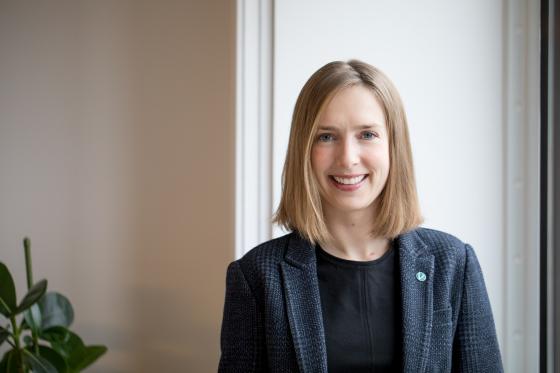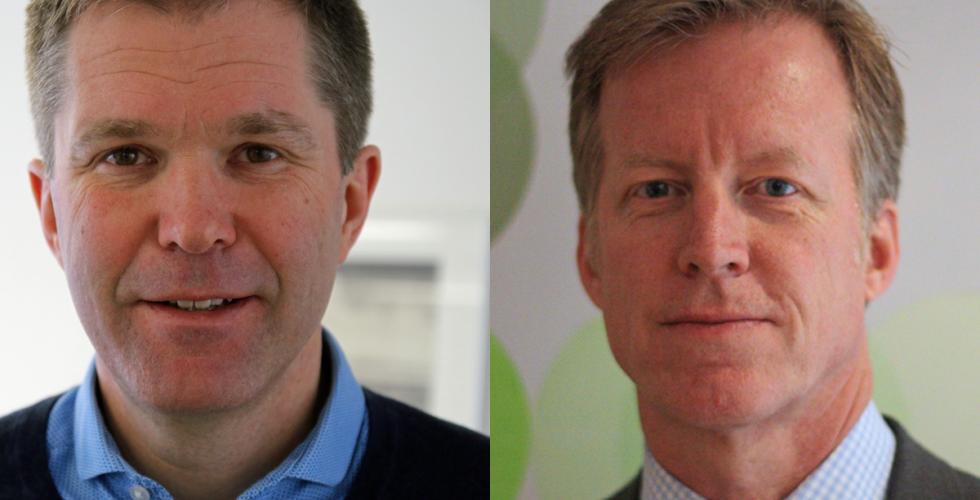No more Norwegian input to the EU
The Ministry of Education and Research will nonetheless assess whether a greater focus on gender balance and the gender dimension is needed in the EU’s new research programme. The Research Council and the KIF Committee are cautiously optimistic.
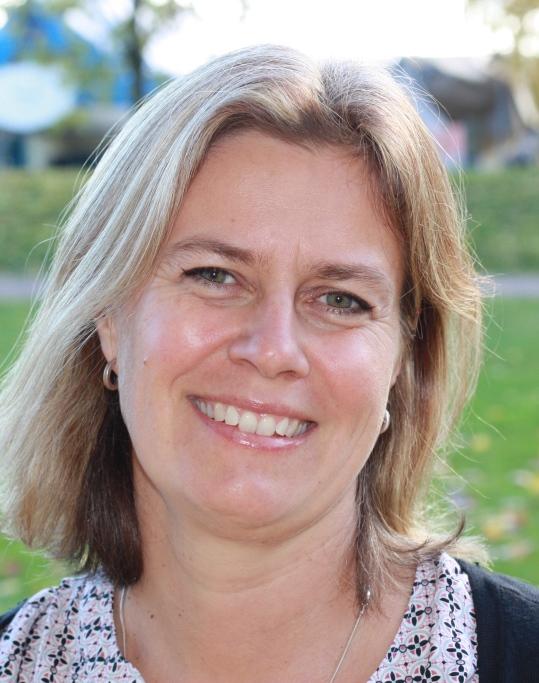
“So far, the new information about Horizon Europe has not mentioned gender in particular,” says Heidi Holt Zachariassen, Secretary of the Committee for Gender Balance and Diversity in Research (the KIF Committee).
In two years from now, the EU’s new research programme, Horizon Europe (2021-2027), will replace Horizon 2020. On 7 July 2018, the European Commissioner for Research, Science and Innovation Carlos Moedas and European Commission Vice President Jyrki Katainen held a press conference about the upcoming framework programme.
Katainen stated that the European Commission has received 4,000 inquiries and comments on the programme, in addition to 3,500 responses to the evaluation of Horizon 2020.
Input from Norway
As a programme member, Norway has submitted two position papers to the EU on the thematic priorities and the green energy shift. The Research Council and the KIF Committee has reacted to the lack of input on gender and gender balance, and teamed up in March to urge the Norwegian Government to address this in its written comments to the EU.
Their letter to the Government states: “Neither of the position papers clearly says that the new framework programme must continue Horizon 2020’s focus on gender balance and gender perspectives in European research and innovation.” It was signed by John-Arne Røttingen, Chief Executive of the Research Council, and Curt Rice, Chair of the KIF Committee.
Read about the letter to the Ministry of Education and Research in the article EU urged to continue gender objectives
Røttingen is optimistic
The goal of the EU’s research and innovation programme is to promote outstanding research and a competitive business sector and to find solutions to societal challenges relating to democracy, the environment and security. During the press conference, Katainen highlighted food, water, health and energy as important themes for the next research programme.
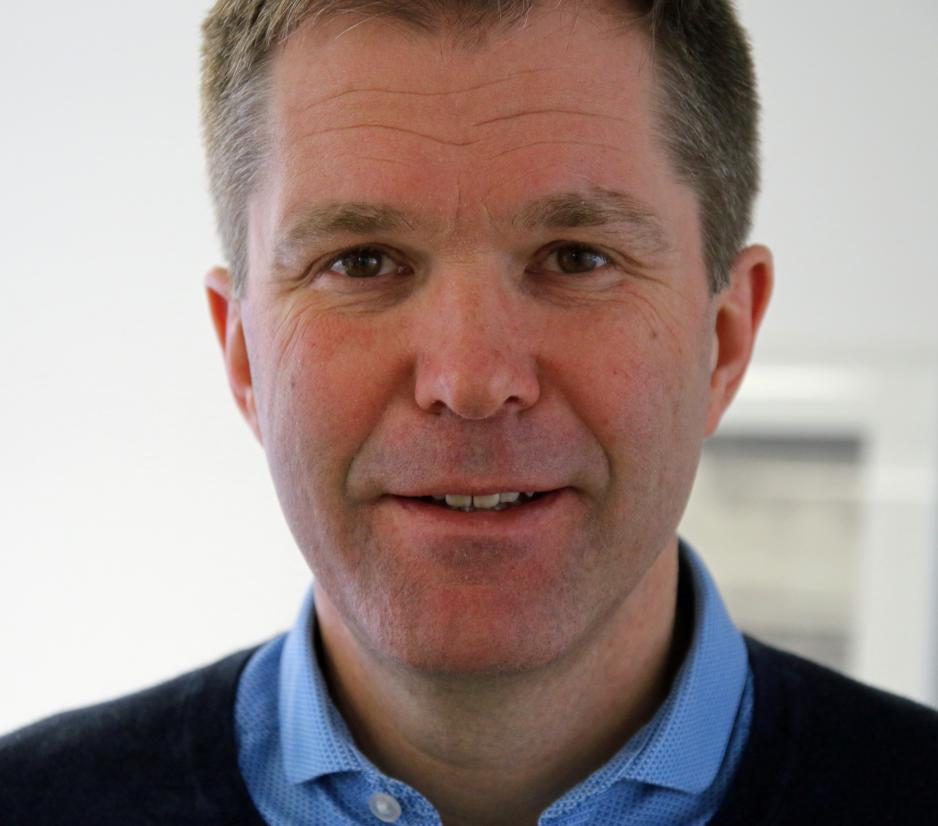
Neither gender balance among researchers and innovators nor gender perspectives in the research itself has so far been mentioned in the discussion of FP9.
“As far as I can tell, the gender dimension and gender balance were not brought up by Commissioners Katainen and Moedas in their presentations at the press conference. The fact that this was not explicitly addressed suggests that there will be continuity in these areas from Horizon 2020 to Horizon Europe,” says Røttingen.
Engagement on social media
Carlos Moedas recently wrote – on Twitter – that they will continue the work for equality between women and men in EU research.
Since there has been no other information about gender either during or after the press conference, Heidi Holt Zachariassen asked Moedas on Twitter where in Horizon Europe it states that gender equality, gender balance and gender perspectives are prioritized areas for the EU. He responded that gender equality remains a high priority and that in the new research programme they want to ensure gender perspectives in research and will work for gender balance in research groups and decision-making processes.
“We still don’t know how much emphasis Horizon Europe will give to gender,” says Zachariassen.
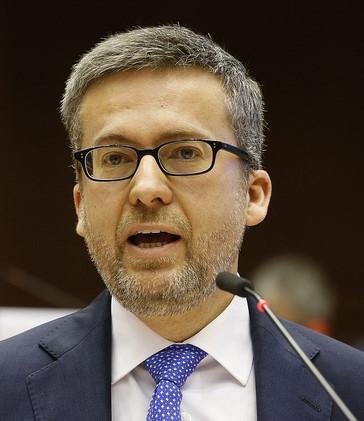
She adds that there is a lot of engagement on Twitter now. One example is Gender Action, a project funded by Horizon 2020. The project has created the policy brief series Gender in Horizon Europe to put gender balance and the gender dimension on the agenda.
You can read the policy briefs at Gender Action.
No more input
The Research Council and the KIF Committee received a response from the Government in May. The Ministry of Education and Research and Minister Iselin Nybø wrote that they will take the letter under advisement and follow it up through relevant channels, but they will not submit any more formal comments to the EU’s ninth framework programme.
“The Government has already sent two formal position papers to the EU’s ninth framework programme as a result of a broad-based, time-consuming national input and involvement process. The Commission will present its proposal for the ninth framework programme, Horizon Europe, on June 7th. For these reasons, we will not be submitting any more comments on the framework programme at this time,” states the Ministry of Education and Research in its letter.
Satisfied with the response
The Ministry nonetheless supports the recommendations from Rice and Røttingen, and will consider them when Norway comments on the European Commission’s proposal for the framework programme. Røttingen is satisfied with this.
“The gender dimension is mentioned in both of the Norwegian position papers on the development of FP9, which the European Commission received in 2017. We therefore agree with the Ministry that it was not necessary to submit separate input on gender right before the Commission was about to publish its proposal,” says Røttingen.
The Ministry of Education and Research will prepare a Norwegian response based on this document, and it will be delivered to the European Commission, most likely in October 2018.
“The letter from the KIF Committee and the Research Council should be taken into account when future Norwegian position papers are submitted to Horizon Europe,” says Røttingen.
“Gender equality is still included”
Rebekka Borsch, State Secretary in the Ministry of Education and Research, says to Kifinfo that the draft of the Horizon Europe programme contains key aspects of the input submitted by various countries, including Norway.
“Although the gender dimension was not highlighted at the press conference, that doesn’t mean it has been omitted from the draft. For instance, the framework programme has a stated objective to eliminate gender differences and to work for gender equality in research and innovation. We are reviewing the programme now, and one thing we will consider is whether it’s still necessary to strengthen the gender perspective.”
Will assess the draft
Zachariassen said to Kifinfo in April that gender has been discussed in many EU countries. Sweden has written its own input on gender balance and gender perspectives in research and innovation.
“In the KIF Committee’s experience, the Ministry of Education and Research does have gender in research on its agenda, and we are confident that the Ministry will emphasize this in the draft of Horizon Europe as the process moves forward. At the same time, KIF will follow this process closely to ensure that gender is given high priority and is not simply mentioned here and there,” says Zachariassen.
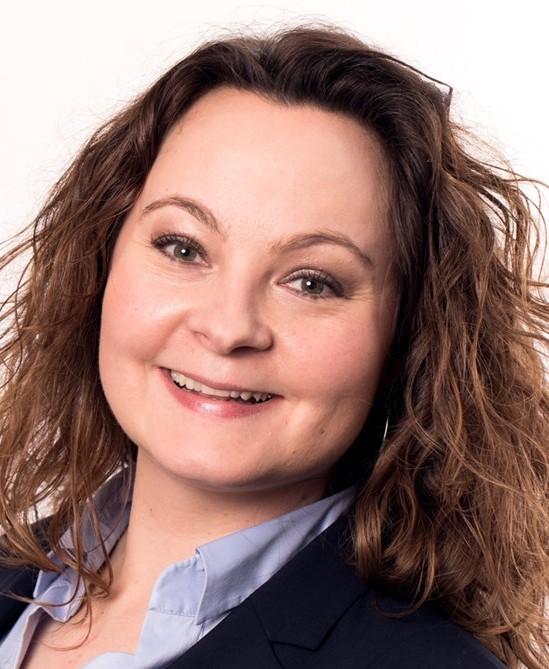
The KIF Committee is available to provide professional input when Norway assesses the next framework programme. The Ministry has now formed an informal group that will give advice on how Norway should assess the draft of Horizon Europe.
“Several major organizations are participating in the group. The gender dimension is one of the areas being discussed, and the state secretary will bring the group’s input to the meeting of the EU’s Competitiveness Council in July,” says State Secretary Borsch.
“Sweden has submitted written comments on gender. Shouldn’t Norway, as a leader in gender equality, also take responsibility for putting this issue on the gender in the EU?”
“Norway has – and will continue to – help set the agenda on gender equality in the EU. Norway was one of the countries that proposed making gender a priority area in the roadmap for the European Research Area. We put the issue on the agenda, and have found that Norwegian initiatives are listened to. So even though gender was not a separate position paper, we have mentioned the gender dimension in one of our position papers,” says the state secretary.
“Norway is listened to”
Now the Ministry of Education and Research will consider how it can best promote Norway’s views in the programme draft that has been presented.
At this time last year, Norway was one of a handful of countries that had delivered its input on FP9. During his visit to Norway in 2017, Robert-Jan Smits, Director General of DG Research and Innovation, said that Norway is a key player in formal input to the EU.
“We want to put gender balance and gender perspectives on the agenda. We have reason to believe there will be special initiatives on gender balance, the gender dimension and gender as a cross-cutting initiative in the new framework programme as well,” says Røttingen of the Research Council.
Largest in the world
Horizon 2020 (2014–2020), the programme that will be discontinued in two years, has sought to improve employment and economic growth in Europe. This programme has been the largest in the world to date, with a budget of EUR 77 billion. Horizon Europe will have a larger budget of EUR 80-100 billion.
“Europe produces one-third of all scientific publications, and is a world leader in many research fields,” said Katainen at the press conference.
“Substantial investment is needed in technological research and innovation in the areas of climate, security and an aging population in Europe. Investment in innovation and research is an investment in Europe’s future.”
Translated by Connie Stultz.
The EU’s next research programme:
- The world’s largest research programme with a budget of EUR 80-100 billion.
- Horizon Europe is the EU’s ninth framework programme for research and innovation.
- Horizon Europe will seek to improve economic growth and create more jobs in Europe.
- The programme will also strengthen Europe’s position as a world leader in research and innovation.
- Horizon Europe will take over for Horizon 2020, which has been active since 2014.
Source: European Commission
The Ministry of Education and Research is preparing written comments and advice on the European Commission’s work with FP9. A Norwegian response will be delivered to the Commission, most likely in October.
